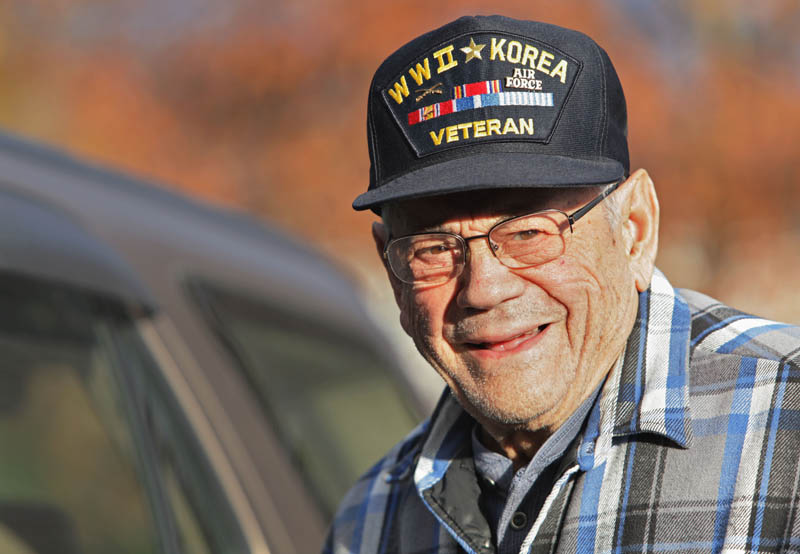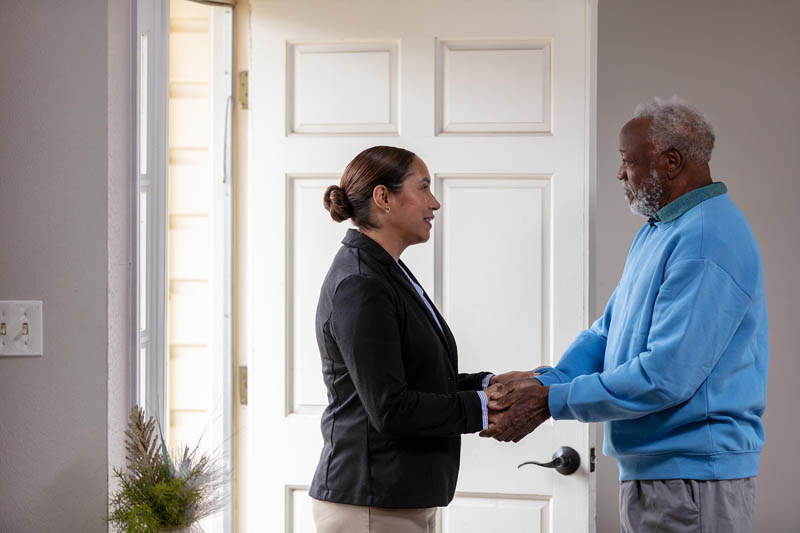APS Partners:
Veterans Affairs
One Team. One Goal.
Veterans Affairs (VA) is a critical and valued Adult Protective Services (APS) partner in protecting and ensuring the safety of vulnerable adults in Texas. VA services, including health care and financial benefits, are essential to the health and well-being of Texas veterans. Our shared goal is to find solutions for veterans who are in need so they can live healthier, safer lives with dignity. We achieve the best results when APS and the VA work side by side to help the people we serve.




